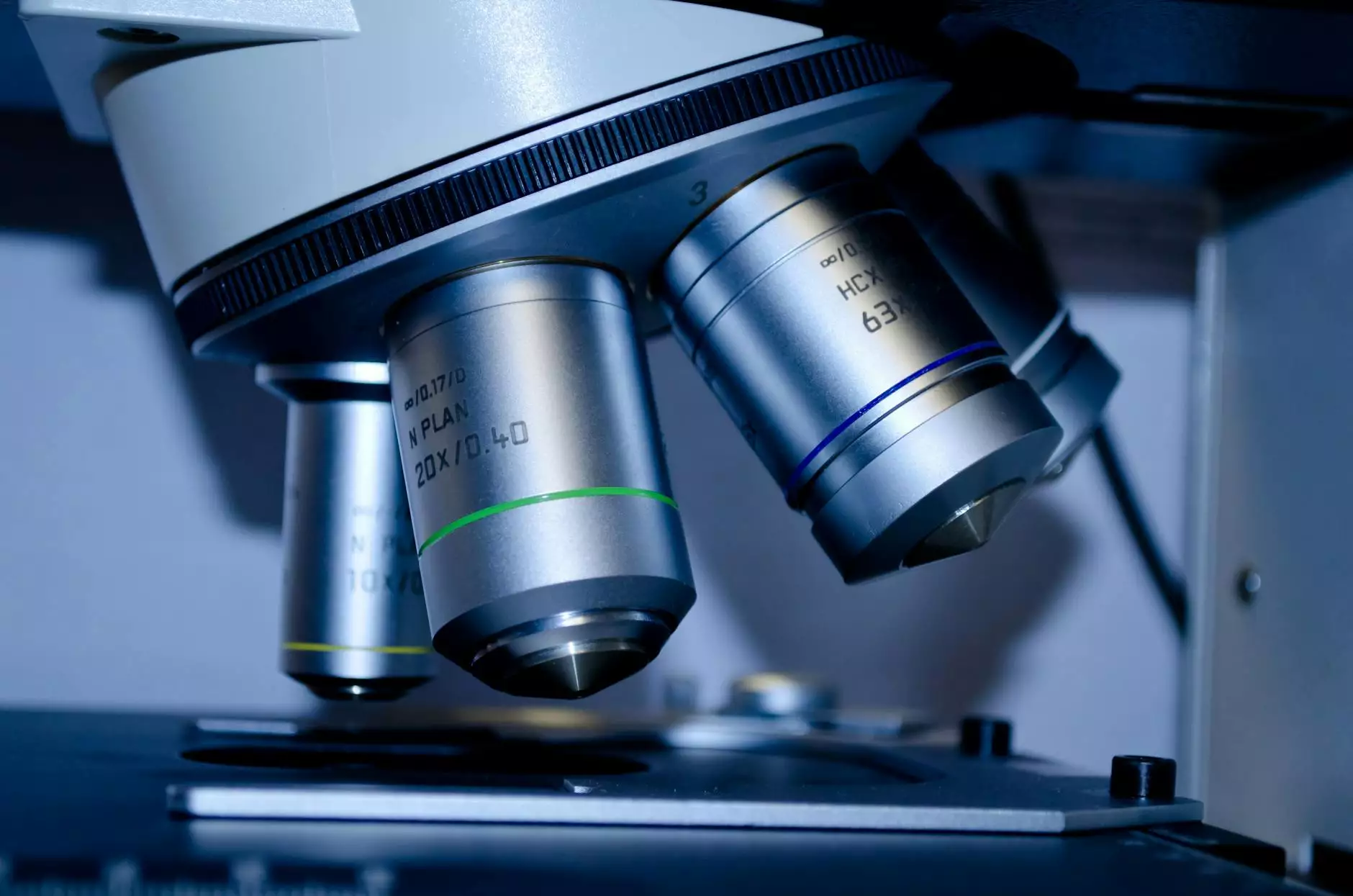The Importance of Specialized Care at a Stomach Cancer Center

In today's world, the fight against cancer has become a top priority in the medical field. Among the various types of cancer, stomach cancer poses significant challenges to patients and healthcare providers alike. This is where a dedicated stomach cancer center plays a crucial role. In this article, we will delve into the key aspects of stomach cancer care, how specialized centers enhance treatment outcomes, and the importance of comprehensive support for patients and their loved ones.
Understanding Stomach Cancer
Stomach cancer, also known as gastric cancer, arises from the lining of the stomach. It often develops slowly over many years and may not present noticeable symptoms until it reaches advanced stages. Common symptoms include:
- Persistent stomach pain
- Unexplained weight loss
- Nausea or vomiting
- Difficulty swallowing
- Bloating or feeling full after eating small amounts
Risk factors for stomach cancer include age, family history, certain infections (such as H. pylori), diet, and lifestyle choices. Understanding these factors is vital for early detection and intervention, making the role of specialized stomach cancer centers indispensable.
The Role of a Stomach Cancer Center
A stomach cancer center is designed to provide comprehensive care tailored to the unique needs of patients suffering from this disease. These centers often bring together a multidisciplinary team of healthcare professionals, including:
- Oncologists
- Surgeons specializing in gastrointestinal procedures
- Radiologists
- Pathologists
- Nutritionists
- Psychologists or social workers
This collaboration ensures that every aspect of a patient's needs is addressed—be it medical treatment, nutritional support, or emotional well-being.
Comprehensive Diagnostic Services
At a stomach cancer center, advanced diagnostic services are crucial for accurate diagnosis and staging of the cancer. The center employs state-of-the-art technology and procedures such as:
- Endoscopy: A procedure that allows doctors to visualize the stomach lining and take biopsies for testing.
- Imaging tests: CT scans, MRIs, and PET scans help determine the extent of the cancer and its spread.
- Blood tests: Analyse overall health and help detect specific markers indicative of stomach cancer.
Accurate diagnosis is the foundation for formulating an effective treatment plan, making these services indispensable.
Personalized Treatment Plans
Each patient's journey with stomach cancer is unique, and a stomach cancer center understands this. Treatment plans are tailored according to the patient's specific condition, medical history, and personal preferences. Common treatment options include:
- Surgery: Often the primary treatment for localized stomach cancer, it may involve removing part of the stomach or the entire organ, depending on the cancer's stage.
- Chemotherapy: Utilized to kill cancer cells or limit their growth, chemotherapy can be administered before surgery (neoadjuvant) or after (adjuvant).
- Radiation therapy: May be employed to shrink tumors or alleviate symptoms, especially when surgery is not an option.
- Palliative care: Focused on improving the quality of life for patients, this may involve pain management and emotional support.
Support Beyond Medicine
Cancer treatment extends beyond physical health; emotional and psychological support are equally critical. A reputable stomach cancer center understands this and offers various support services, including:
- Counseling: Professional support for patients and families to navigate the emotional challenges of a cancer diagnosis.
- Support groups: Connecting patients with others who share similar experiences can foster a sense of community and shared understanding.
- Nutrition counseling: As diet plays a significant role in recovery, nutritionists guide patients on maintaining a healthy diet post-diagnosis.
By focusing on the holistic well-being of patients, stomach cancer centers help them cope better with treatment and improve their overall health outcomes.
The Importance of Research in Stomach Cancer Care
Leading stomach cancer centers actively engage in research to advance treatment options and improve patient care. Research initiatives often include:
- Clinical trials: Offering patients access to new and experimental therapies that may not be available through conventional means.
- Data analysis: Continuing to collect and analyze patient outcomes to refine existing treatment protocols.
- Collaboration with universities: Partnering with academic institutions to foster innovation and discovery in stomach cancer treatment.
Being part of a facility that is at the forefront of research not only helps patients access cutting-edge treatments but also contributes to the larger body of knowledge that can benefit future patients.
Accessing Specialized Care
Finding a top-tier stomach cancer center is crucial for patients seeking specialized care. Patients should consider the following when selecting a center:
- Reputation: Look for centers that are known for their expertise and have positive patient outcomes.
- Accreditations: Ensure that the center is accredited by relevant medical bodies, indicating a commitment to quality care.
- Multidisciplinary approach: Verify that the center offers a team-based approach, ensuring comprehensive care from various specialists.
- Patient resources: Investigate whether the center provides robust support resources, including education, counseling, and community support.
Conclusion
In conclusion, a stomach cancer center is a critical resource for anyone diagnosed with this serious disease. By offering specialized, comprehensive care that includes advanced diagnostics, personalized treatment plans, and extensive support services, these centers play an essential role in improving patient outcomes and quality of life. Patients and their families are encouraged to seek out these specialized facilities to ensure they receive the best possible care during their journey with stomach cancer. Early detection, combined with advanced treatment options and holistic support, can significantly impact the prognosis and overall experience for stomach cancer patients.
With the commitment to research and a multidisciplinary approach, stomach cancer centers stand at the forefront of the battle against cancer, providing hope and healing to countless individuals and their families.









